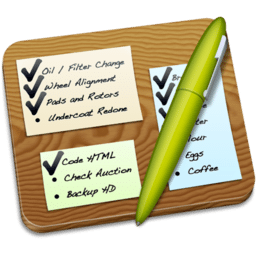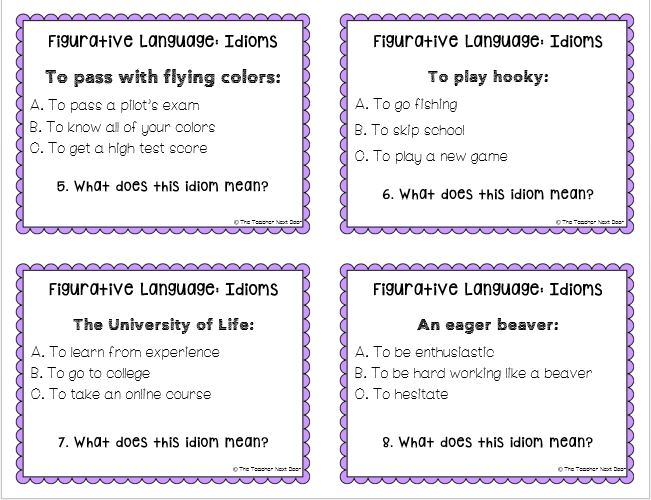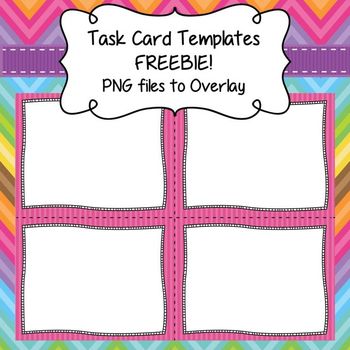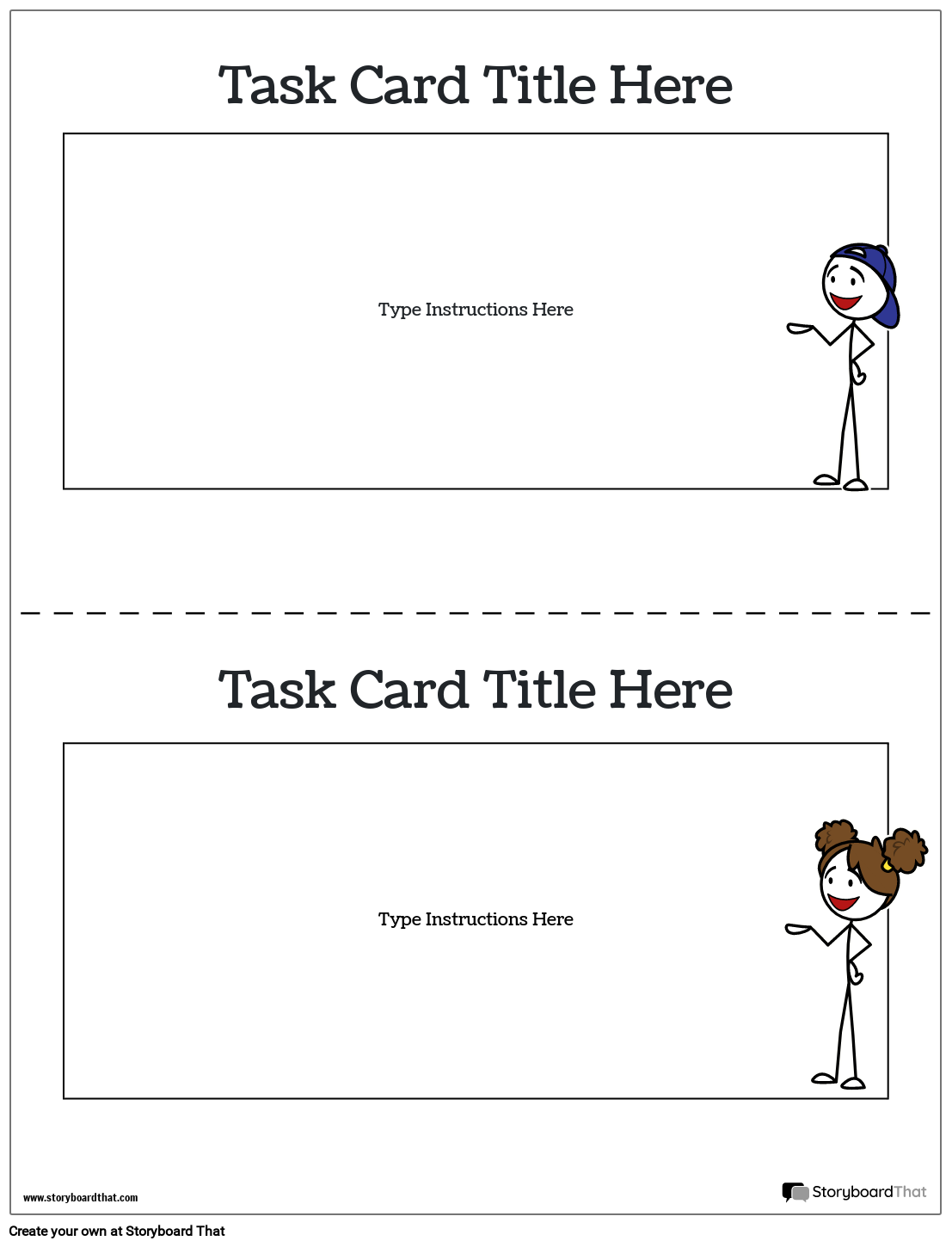Making inferences is such an important skill for kids to learn. It helps with drawing conclusions and other higher order thinking skills. But, it can be tough for kids to master, especially if they are used to looking for exact answers to questions. I love using these task cards as short daily practices for students to. Google Apps™ Use these 24 cards (or Google Slides) to help your students identify cause and effect relationships in the text. Each card features a short passage and asks students to identify both a cause and an effect from the text. Great for test prep or as extra practice for your text structures lesson. The task cards that they work on are either review from the year or even for skills they need review on from the previous year. I assign them a set of task cards so that I'm sure they are working on skills they either need review or enrichment on.

If you have taught upper elementary sometime over these past 5 years, chances are you have come across somebody that uses task cards. Or you might use them yourself. You’ve also probably come across somebody that hates task cards.

Although some people complain that task cards are glorified worksheets (and they could be right, depending on how you use them), task cards are very useful because they are so versatile. Below are several ways to use task cards with your 3rd grade, 4th grade, or 5th grade students.
If you are a teacher that likes to always have task cards on hand, then you will probably also like to have some of these reusable activities ready to use when you need them.
Ways to Use Task Cards
1. Scavenger Hunt
This was my favorite way to use task cards in the classroom, even though it is not technically a true scavenger hunt. Spread the task cards around the room (or have a few students do this for you). Then, have students walk around the room with their answer sheet to complete the task cards.
Usually, I would have students work in pairs of 2. One student would read the task card aloud, both students would discuss the answer, and then the other student would write down the answer. Then, they would switch roles for the next task card.
If you set up clear expectations, even the students most prone to behavior problems will rarely cause trouble, especially if the consequence is to sit at a desk and work on the task cards independently and quietly. My most important rules for this activity were:
-You have to stay with your partner
-Only one group to a task card at a time
2. I Do, We Do, You Do
Most task cards are GREAT for the gradual release of responsibility model. For “I Do,” use several task cards to model to students a certain strategy. Explain your thinking using think-alouds. Then, for “We Do,” complete a few task cards with the help of your students. You can also have small groups or partners work together on a few task cards. Finally, have students independently complete a task card for the “I Do.”

3. Work with a Parent Volunteer/Paraprofessional
If you are anything like me, then you struggle with how best to use any help you receive from paraprofessionals or parent volunteers. The help I received came so inconsistently that it was difficult to set up routines. If you have several sets of task cards on hands for different skills, then you will always have something useful for an extra set of hands to do.
4. Early Finishers
Keep your students that always finish early engaged and learning by having them complete task cards when they finish their work. Teaching with Task Cards has some ideas on setting up your classroom so that early finishers can complete task cards.
5. Centers
This one is pretty self-explanatory. Throw some task cards in a center rotation for students to complete independently or with their group.
6. SCOOT
Give each student a task card to answer at his or her own desk. Then, on your signal, have the students leave the card at their desk while they move to the desk next to them. Have students continue until all the cards have been answered. This game is best played with task cards that can be answered relatively quickly by all your students. Task cards that involve a lot of writing might cause problems, as some students will need a lot more time, and the rest of the class would have to wait on them.
Having sets of task cards on hand can make your life much easier as a teacher. Below are some of my most popular task cards:
Character Traits Task Cards to Build Vocabulary
Point of View Task Cards
Context Clues Task Cards
Main Idea and Details Task Cards
Cause and Effect Task Cards

Find all of my task cards here.
Free Printable Task Cards
Never Stress Over Sub Plans Again!
When you subscribe to my newsletter below, I’ll send you my Reusable Sub Plans for FREE. You’ll also get updates on new blog posts and freebies.
Task cards have always been a permanent fixture in my class. Learn how to easily incorporate them into your routine with a free editable task card templates.
I was using task cards before I knew they were called task cards. My first year in the classroom, I taught an amazing bunch of third graders who needed to move constantly. I needed to get them up and about to keep their attention. My solution, I enlarged and cut apart practice sheets and posted them around the room for my students to find and solve. NOTE – In 1999, my first classroom didn’t have computers, I didn’t have email, and enlarging something on the copier was about as high tech as I could get. It’s amazing how far we have come in 20 years!
I realized that my early version of task cards engaged my students and they were excited to practice new skills. For this reason, I have continued to incorporate task cards into my instruction. I have since stepped up my game and would love to help you create professional looking task cards to use in your classroom in minutes! Instructions for downloading the free task card templates at the end of this post.
Why Use Task Cards?
My students love task cards. Here’s why!
Task cards feel like a game. When the cards are small and colorful, my students automatically assume they are playing a game. They focus their attention and energy on the academic task for a longer amount of time.
Task cards are not as intimidating as a longer activity. Some of my reluctant learners will throw up their hands before starting if given a full page of material to review. Task cards break the content down into smaller, more manageable chunks.
Task cards are versatile. You can use task cards for just about any subject area. They can be used for whole group, small group, or individual practice.
How To Use Task Cards!
There are many different ways to use task cards. My favorite include playing Scoot, student created test prep games, and center activities. Looking for more specific information? Kirsten’s Kaboodle has a great post that lists her Top 10 favorite ways to use task cards. Find it here.
Step Up Your Task Cards in Minutes!

Theme Task Cards
I know your time is limited! That is why I have created a digital task card template freebie just for you. Simply download the template from the Free Resource Library, type in your information, and print! You can create professional looking task cards in minutes. The template includes 8 colorful background options. Created using Google Slides so make sure you have a free Google account to access and edit this file. Need more templates? I have created a bunch of other editable templates to save you time. Click here to see the templates available.
Task Cards Ela
Get the editable task card template in the Free Resource Library. This download is only available in the Free Resource Library! Need the password? Sign up to receive my newsletter and the password will be immediately emailed to you. The newsletter is a great way to catch up on ideas and exclusive freebies from Together We Are Smarter!
